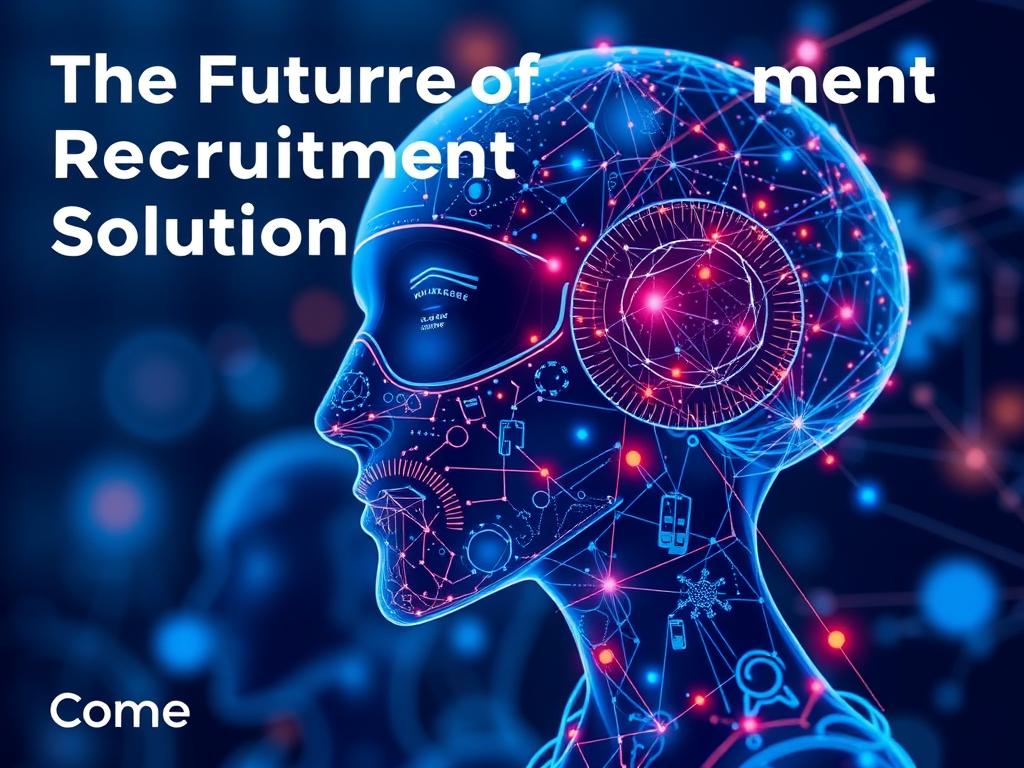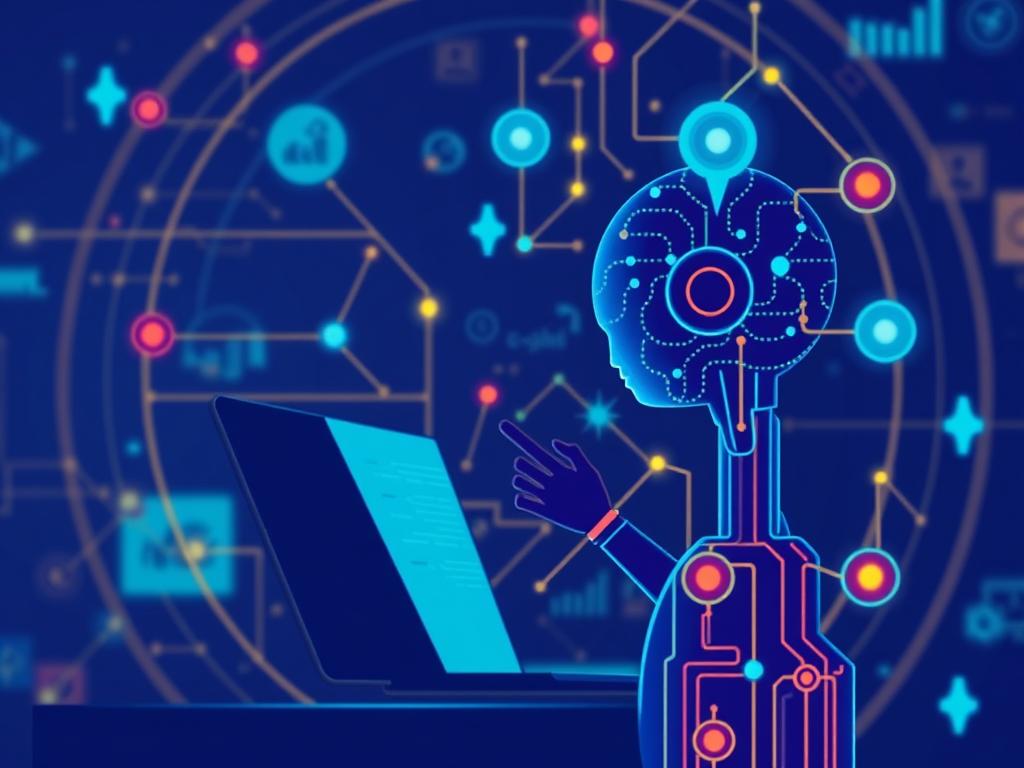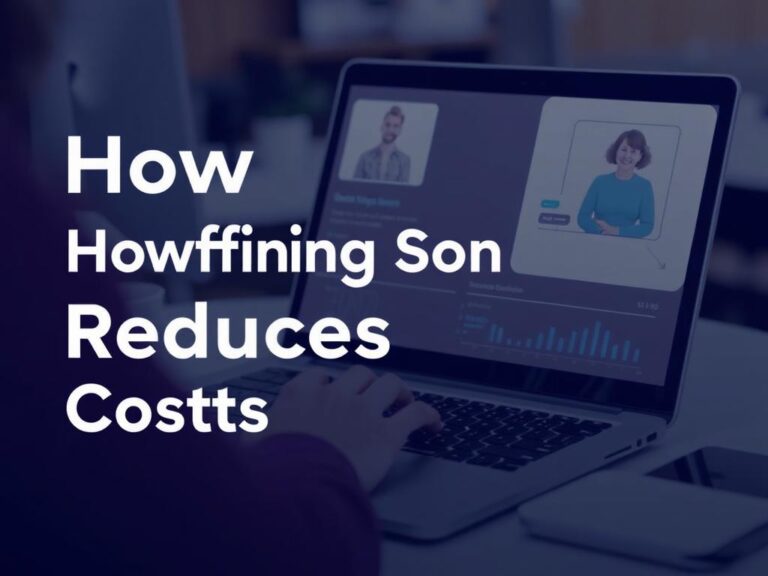The Future of Recruitment: AI-Powered Staffing Solutions
Introduction to AI in Recruitment

The world of recruitment is evolving at a rapid pace, and the integration of artificial intelligence (AI) is reshaping how companies find and hire talent. Traditional methods of staffing, which often involved manual resume screening and lengthy interview processes, are being supplemented or even replaced by AI-powered staffing solutions. These innovations promise to streamline recruitment, reduce bias, and enhance the candidate experience. Whether you’re a recruiter, a job seeker, or simply curious about technological advancements, understanding the future of recruitment through AI is essential.
AI-powered staffing solutions leverage machine learning, natural language processing, and big data analytics to sift through thousands of applications in moments, identify the best matches for a role, and even predict candidate success. But how exactly is AI transforming recruitment? Let’s take a closer look.
How AI-Powered Staffing Solutions Work
At the core of AI-powered recruitment tools is data—lots of it. These systems analyze resumes, cover letters, and even candidate interactions on recruitment platforms. Using AI algorithms, they identify patterns and key qualifications that align with the job description. This enhances the screening process, making it faster and more accurate.
For example, AI can automatically rank candidates by suitability based on their skills, experience, and cultural fit. Chatbots embedded within recruitment platforms can interact with candidates to answer FAQs or conduct preliminary interviews, making the hiring process more engaging and efficient.
Below is a table that outlines the main components of AI recruitment systems and their benefits:
| AI Component | Function | Benefit |
|---|---|---|
| Resume Screening Algorithms | Analyze and rank candidate resumes | Speeds up initial screening, reduces human error |
| Chatbots | Automate candidate communication | Enhances candidate experience and engagement |
| Predictive Analytics | Forecast candidate success and turnover | Improves quality of hire |
| Natural Language Processing (NLP) | Understand unstructured text in applications | Extracts insights from cover letters and interviews |
Benefits of AI-Powered Staffing Solutions
The shift toward AI-powered staffing solutions brings numerous advantages to employers and candidates alike. Let’s explore some of the key benefits in detail, presented in a clear list:
- Efficiency: AI tools can process thousands of applications in a fraction of the time it takes human recruiters, drastically reducing time-to-hire.
- Bias Reduction: Many AI systems are designed to focus solely on skills and qualifications, helping to minimize unconscious bias that might affect human recruiters.
- Better Candidate Matching: By analyzing vast datasets, AI can identify candidates who best fit the role and company culture, leading to better retention rates.
- Enhanced Candidate Experience: AI-driven chatbots and automated updates keep candidates informed throughout the recruitment process, improving engagement.
- Cost Savings: Automation reduces the need for extensive manual labor, lowering recruitment expenses.
While some may worry about AI replacing human recruiters, the reality is that AI-powered staffing solutions are designed to assist and augment human decision-making, not eliminate it. Recruiters can focus on strategic tasks like interviewing and relationship-building while AI handles repetitive tasks.
Challenges and Ethical Considerations
Despite the many benefits, the future of recruitment with AI isn’t without challenges. One of the biggest concerns is that AI can inadvertently perpetuate existing biases if trained on biased data. For example, if an AI system is trained predominantly on resumes from a certain gender or ethnic group, it might favor similar profiles, undermining diversity efforts.
Privacy is another critical issue. AI-powered staffing solutions collect and analyze sensitive personal data, so companies must ensure they comply with data protection regulations and maintain transparency with candidates about how their data is used.
A list below highlights some ethical considerations recruiters and organizations must keep in mind:
- Ensure AI algorithms are trained on diverse, unbiased datasets.
- Maintain transparency with candidates about AI use and data handling.
- Regularly audit AI tools for fairness and accuracy.
- Incorporate human oversight in decision-making processes.
Balancing the advantages of AI with these ethical concerns will be crucial as recruitment technology continues to evolve.
Emerging Trends in AI for Recruitment
Looking ahead, several exciting trends are shaping the future of AI-powered staffing solutions. For instance, advanced natural language processing techniques are enabling AI to analyze video interviews, assessing not only speech content but also facial expressions and tone to gauge candidate fit more holistically.
Gamification powered by AI is becoming a popular method to test candidate skills in engaging ways beyond traditional assessments. Virtual and augmented reality interviews, combined with AI analysis, may soon allow recruiters to create immersive candidate evaluations that can simulate job environments.
Moreover, AI is being integrated with workforce planning systems to help organizations predict skill shortages, plan talent pipelines, and foster employee development proactively.
Summary Table: AI Trends Transforming Recruitment
| Trend | Description | Expected Impact |
|---|---|---|
| Video Interview Analysis | AI evaluates verbal and nonverbal cues in recorded interviews | More comprehensive candidate assessments |
| Gamified Assessments | Use of AI-driven games to test skills and competencies | Higher candidate engagement and better skill evaluation |
| Virtual Reality Interviews | Immersive interview experiences simulating work environments | Enhanced understanding of candidate job fit |
| Predictive Workforce Planning | AI forecasts talent needs and trends | Improved strategic hiring and employee retention |
Implementing AI-Powered Staffing Solutions: Tips for Recruiters
If you’re considering integrating AI-powered staffing solutions into your recruitment process, here are some practical tips to maximize success:
- Start with Clear Objectives: Define what goals you want AI to achieve—whether that’s speeding up screening, improving diversity, or enhancing candidate experience.
- Choose the Right Tools: Evaluate multiple AI platforms based on features, data privacy compliance, and user-friendliness.
- Train Your Team: Equip recruiters with the knowledge to work alongside AI tools effectively and ethically.
- Monitor and Audit: Regularly review AI system outcomes to check for biases or errors and adjust as needed.
- Keep the Human Touch: Use AI to support your team but continue to prioritize human judgment, especially in later-stage interviews and decision-making.
Integrating AI into recruitment isn’t just a technological upgrade; it requires a thoughtful approach blending innovation with empathy and transparency.
The Candidate’s Perspective in an AI-Driven Recruitment Landscape

From the candidate’s side, AI-powered staffing solutions bring both new challenges and opportunities. Candidates benefit from faster feedback cycles, more personalized interactions via chatbots, and potentially fairer assessments based on skills rather than demographics.
However, it also means candidates need to be more aware of how to optimize their resumes and digital presence for AI systems. This might include focusing on relevant keywords, structuring resumes clearly, and preparing for AI-analyzed video interviews.
To help candidates navigate this landscape, here are some tips:
- Use clear, concise language and relevant keywords tailored to job descriptions.
- Highlight measurable achievements and skills prominently.
- Practice speaking naturally and confidently in video interviews.
- Engage openly with AI chatbots to provide accurate information and ask questions.
Understanding that AI is part of the hiring process can help job seekers prepare better and feel more confident throughout their job search.
Conclusion

In conclusion, AI-powered staffing solutions are revolutionizing recruitment by making it faster, fairer, and more efficient. These technologies offer powerful benefits such as improved candidate matching and bias reduction, but also demand careful ethical consideration and human oversight. For recruiters and candidates alike, embracing AI means adapting to new tools and mindsets that enhance the hiring experience without losing the essential human connection. As AI continues to evolve, the future of recruitment promises an exciting blend of innovation and inclusivity—making it a fast-paced field worth watching closely in the years to come.






